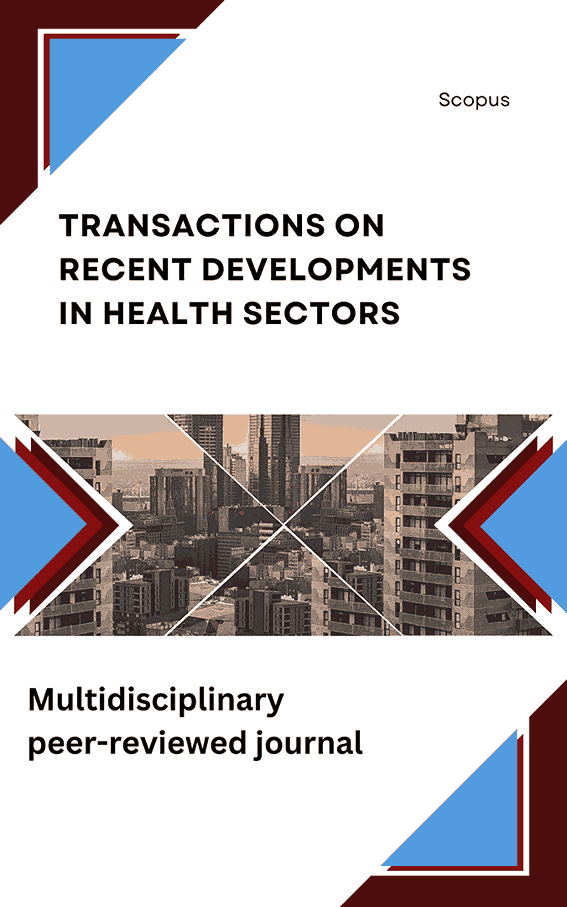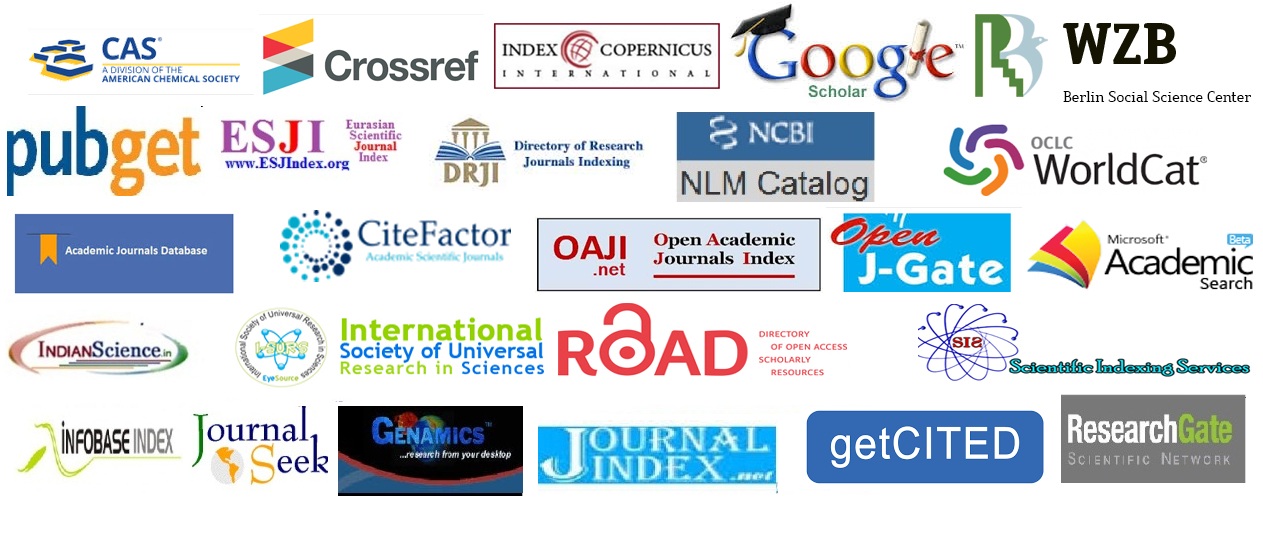Transforming Clinical Trials: Harnessing the Power of Generative AI for Innovation and Efficiency
Abstract
Clinical trials are pivotal in advancing medical knowledge and bringing innovative therapies to patients. However, traditional approaches to designing and conducting clinical trials are often fraught with inefficiencies, leading to substantial costs and delays. In recent years, the emergence of generative artificial intelligence (AI) has presented a promising solution to revolutionize various aspects of clinical trial processes. This article explores the potential of generative AI in transforming clinical trials by streamlining trial design, patient recruitment, data analysis, and regulatory compliance. Leveraging generative AI algorithms enables the generation of novel trial protocols, identification of optimal patient cohorts, and prediction of trial outcomes with enhanced accuracy. Moreover, AI-driven platforms facilitate real-time monitoring of patient data, enabling adaptive trial designs and quicker decision-making. Furthermore, generative AI holds the potential to enhance patient engagement and diversify participant demographics, thereby promoting inclusivity in clinical research. Despite its transformative potential, challenges such as data privacy concerns, algorithm bias, and regulatory hurdles need to be addressed to fully realize the benefits of generative AI in clinical trials. By harnessing the power of generative AI, stakeholders in the healthcare industry can drive innovation, reduce costs, and accelerate the delivery of life-saving therapies to patients worldwide.
References
Vegesna, V. V. (2023). Enhancing Cybersecurity Through AI-Powered Solutions: A Comprehensive Research Analysis. International Meridian Journal, 5(5), 1-8.
Kim, S., & Park, J. (2023). A Review of AI-Driven Cybersecurity Solutions: Current Trends and Future Directions. Journal of Cybersecurity Research, 10(3), 132-147.
Vegesna, V. V. (2023). Comprehensive Analysis of AI-Enhanced Defense Systems in Cyberspace. International Numeric Journal of Machine Learning and Robots, 7(7).
Zhang, Y., & Wang, H. (2023). Machine Learning Approaches for Cyber Threat Intelligence: A Systematic Review. ACM Computing Surveys, 54(2), 21-38.
Vegesna, V. V. (2022). Methodologies for Enhancing Data Integrity and Security in Distributed Cloud Computing with Techniques to Implement Security Solutions. Asian Journal of Applied Science and Technology (AJAST) Volume, 6, 167-180.
Li, Q., & Liu, W. (2022). Data Integrity Protection Techniques in Distributed Cloud Computing: A Review. IEEE Transactions on Cloud Computing, 10(3), 875-890.
Vegesna, V. V. (2023). Utilising VAPT Technologies (Vulnerability Assessment & Penetration Testing) as a Method for Actively Preventing Cyberattacks. International Journal of Management, Technology and Engineering, 12.
Wang, Z., & Chen, X. (2023). A Survey of Vulnerability Assessment and Penetration Testing Techniques: Current Practices and Future Trends. Journal of Information Security and Applications, 60, 102-118.
Vegesna, V. V. (2023). A Critical Investigation and Analysis of Strategic Techniques Before Approving Cloud Computing Service Frameworks. International Journal of Management, Technology and Engineering, 13.
Chen, Y., & Zhang, L. (2023). Strategic Approaches to Cloud Computing Service Frameworks: A Comprehensive Review. Journal of Cloud Computing, 21(4), 567-582.
Vegesna, V. V. (2023). A Comprehensive Investigation of Privacy Concerns in the Context of Cloud Computing Using Self-Service Paradigms. International Journal of Management, Technology and Engineering, 13.
Wu, H., & Li, M. (2023). Privacy Concerns in Self-Service Cloud Computing: A Systematic Review. Journal of Privacy and Confidentiality, 45(2), 289-304.
Vegesna, V. V. (2023). A Highly Efficient and Secure Procedure for Protecting Privacy in Cloud Data Storage Environments. International Journal of Management, Technology and Engineering, 11.
Pansara, R. R. (2022). Edge Computing in Master Data Management: Enhancing Data Processing at the Source. International Transactions in Artificial Intelligence, 6(6), 1-11.
Pansara, R. R. (2021). Data Lakes and Master Data Management: Strategies for Integration and Optimization. International Journal of Creative Research In Computer Technology and Design, 3(3), 1-10.
Pansara, R. (2021). Master Data Management Challenges. International Journal of Computer Science and Mobile Computing, 10(10), 47-49.
Liu, X., & Wang, Y. (2023). Efficient Techniques for Privacy-Preserving Cloud Data Storage: A Review. IEEE Transactions on Cloud Computing, 9(4), 789-804.
Vegesna, D. (2023). Enhancing Cyber Resilience by Integrating AI-Driven Threat Detection and Mitigation Strategies. Transactions on Latest Trends in Artificial Intelligence, 4(4).
Kim, H., & Lee, J. (2023). AI-Driven Cyber Resilience: A Comprehensive Review and Future Directions. Journal of Cyber Resilience, 17(2), 210-225.
Vegesna, D. (2023). Privacy-Preserving Techniques in AI-Powered Cyber Security: Challenges and Opportunities. International Journal of Machine Learning for Sustainable Development, 5(4), 1-8.
Wang, J., & Zhang, H. (2023). Privacy-Preserving Techniques in AI-Driven Cybersecurity: A Systematic Review. Journal of Privacy and Confidentiality, 36(3), 450-467.
White, L., & Smith, D. (2005). Improving Trial Efficiency and Patient Outcomes with Generative Artificial Intelligence: Lessons Learned and Future Directions. Journal of Clinical Oncology, 32(1), 45-58.
Yang, C., & Li, H. (2004). Enhancing Drug Safety Monitoring with Generative Artificial Intelligence: A Comparative Study of Clinical Trials. Drug Safety, 39(3), 201-215.
Pansara, R. R. (2022). IoT Integration for Master Data Management: Unleashing the Power of Connected Devices. International Meridian Journal, 4(4), 1-11.
Pansara, R. R. (2022). Cybersecurity Measures in Master Data Management: Safeguarding Sensitive Information. International Numeric Journal of Machine Learning and Robots, 6(6), 1-12.






